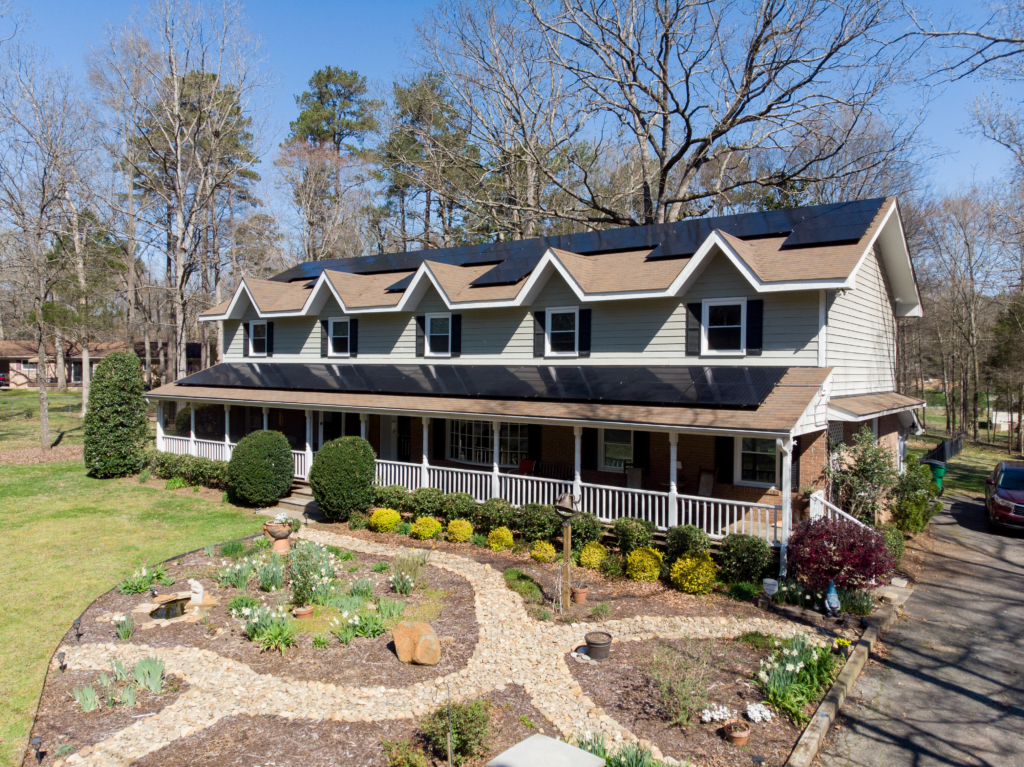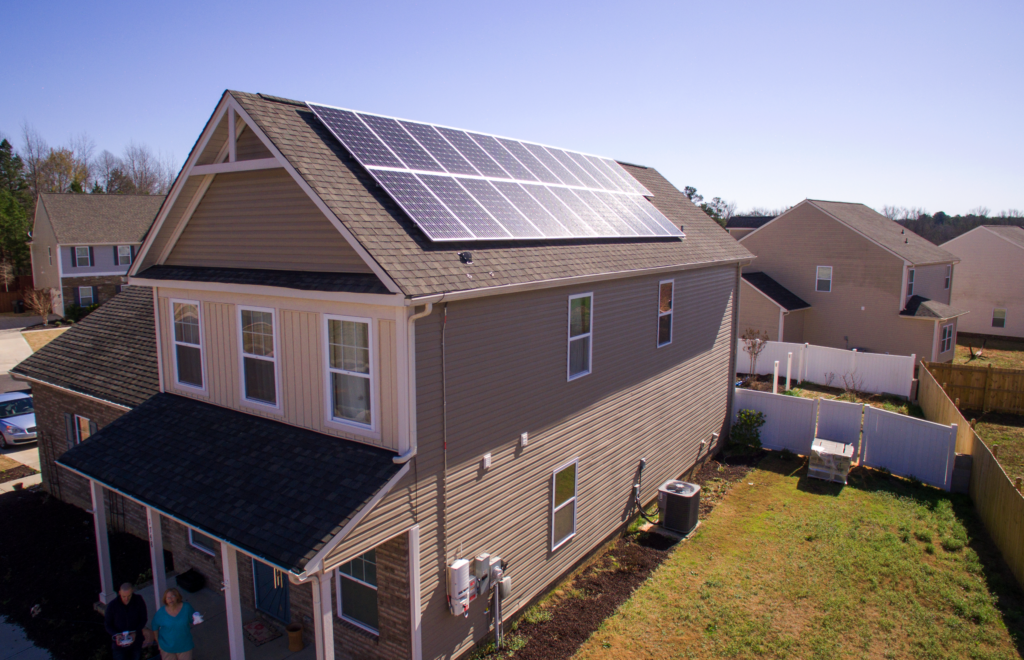Solar Energy Produced in Spring vs Summer
Awesome Solar CTA. Really Amazing…
Solar Energy Produced in Spring vs Summer
Is there a difference between the solar energy produced in Spring vs Summer? Your solar energy system can produce power all year round to reduce your electric bills. By providing much of the power you need, going solar means relying less on the utility and getting a large share of energy from an inexhaustible, clean source.
But what time of year will a solar energy system work best? What season will your solar have the greatest impact on your energy costs, and how does your energy use pattern influence your savings?
Here are three reasons why the season you think is best for solar may not be!
Reason #1: Blast that A/C!
We all do it sometimes: Keep the air conditioning set nice and cool sometimes in the summer. There’s that rush of relief when you head inside after finishing yard work and feel that chilly air. It’s comfortable at night with the A/C kicking on in your bedroom. Those early August days with high humidity, that’s when it’s really working overtime.
Running air conditioning uses lots of electricity. (Even experts at utility companies have noticed this, and some electric providers now offer programs where the customer opts to get paid an annual bonus for having a remote device cycle their air conditioning off for 30-40 minutes on some days to help prevent a brown-out.) Is solar the answer to off-setting cooling cost?
We’d answer that question this way: It will help a bunch, but don’t expect solar to take care of your whole bill in summer if cooling is a significant driver.
Reason #2: A pesky little thing called power conversion efficiency
There’s a saying that goes, “Heat is the enemy of power conversion.” It’s related to why your uncle keeps his AA batteries in the fridge to prolong their life, and it comes into play with solar. While you might expect the longest days of the year to push summer solar energy production to exceed spring production month by month, power conversion is reduced in hot conditions making the solar tend to top out at or below spring levels.
Want to learn more about Spring vs Summer Solar?
Are you still interested in what happens with solar energy in the Spring vs Summer? Give us a call! One of our solar consultants would be happy to discuss going solar with you and how it will impact your electric bills all year round.

Frequently Asked Questions About Solar Energy Systems:
How exactly does going solar and a solar system itself work?
How many solar panels do I need for my home?
Roof-size/available space: When we look at the size of your roof and the space available, we gather data that tell us the maximum number of solar panels your home or site can hold and we even consider shading. We use a software “Suneye” which takes a 360 picture of your roof and we use this photo to determine if your home is a good candidate for solar.
Energy Usage: When we determine energy usage we look at your past electrical bills from over the course of a year to make sure your system isn’t too big or too small.
Your Budget: We take your budget seriously and most importantly, we want you to be satisfied with our services. We take your feedback on how much you want to spend so that we can size your system appropriately.
What is solar net-metering?
Does Duke Energy offer net-metering?
Curious about the cost of a home solar system?
PV Solar System
Our PV Solar Systems are really, really great and they are priced perfectly and will immediately and fundamentally improve the quality of your life.
Energy Storage
Our PV Solar Systems are really, really great and they are priced perfectly and will immediately and fundamentally improve the quality of your life.
EV Chargers
Our PV Solar Systems are really, really great and they are priced perfectly and will immediately and fundamentally improve the quality of your life.
Ready to Own Your Own Energy?
Speak to Us Today!

